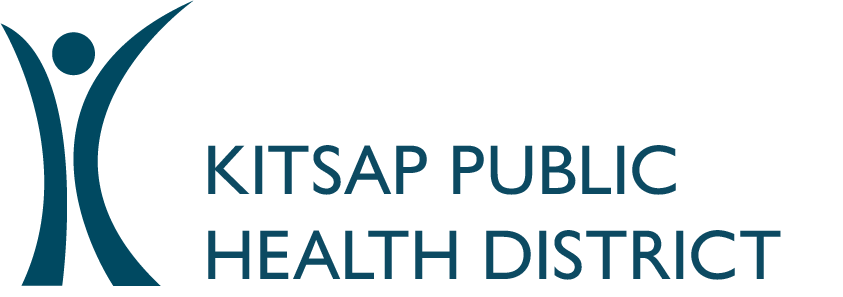We can all help save lives and support recovery in Kitsap
- melissahartman2
- Aug 31, 2023
- 3 min read
Aug. 31 is International Overdose Awareness Day. Please share these resources!
KITSAP COUNTY, WA — Drug overdoses continue to take a tragic toll in Kitsap County and communities across the nation.
Last year, 73 Kitsap County residents died from drug overdose, according to state Department of Health statistics. Synthetic opioids like fentanyl remain a key driver of overdose deaths and were involved in 51 of the Kitsap deaths reported for 2022.
"We know many families in Kitsap have endured the grief of losing a loved one to drugs, and today is a day for reflection, remembrance, and action," Kitsap Public Health District Health Officer Dr. Gib Morrow said. "Drug-related deaths are preventable and we can all play a part by supporting people who need help to overcome substance use and by being ready to respond to overdoses when they happen."
On this International Overdose Awareness Day, please join us in sharing resources that can help prevent overdoses and support recovery in our community.
Find help for substance use
Recovery from substance use disorder is possible for everyone and support is available.
Medications for opioid use disorder (MOUD) — treatment options that combine FDA-approved medicines with counseling and therapy — can help patients overcome opioid use disorder and sustain recovery.
Use the resources below to find services in your area:
If you or a loved one are experiencing a crisis, call or text 988 or call 1-888-910-0416. These hotlines are available 24 hours a day. If someone is experiencing a life-threatening emergency, call 911.
You can find substance use treatment options and information by calling the Washington Recovery Helpline at 1-866-789-1511.
Connect with more local services through the Salish Behavioral Health website or visit Kitsap County's substance use and prevention page.
You can prevent overdose deaths
If you use drugs: Assume any pill or powder that is not from a pharmacy could contain fentanyl. Avoid using drugs alone. If you do use alone, call 1-800-484-3731 (Never Use Alone).
Learn the signs of an opioid overdose. Signs include inability to wake up; slow or no breathing; and blue, gray, or ashy skin, lips or fingernails.
Learn more about the signs of overdose and overdose prevention from the Friends for Life campaign.
Naloxone (also called Narcan) is a safe and simple medication that can reverse an opioid overdose. People who spend time with people at risk for overdose should keep naloxone on hand.
Anyone can get naloxone at a pharmacy without a prescription. Call ahead to check availability.
You can have naloxone mailed to your home for free if you are not able to get naloxone from a pharmacy.
Contact Kitsap Public Health at 360-728-2235 or cdp@kitsappublichealth.org for naloxone or naloxone trainings.
Or contact Ostrich Bay Exchange by phone or text at 253-470-6534.
Dispose of unwanted or expired medications using a medication return service.
If someone might be overdosing:
Evaluate for signs of an overdose
Try to wake them by shaking and shouting their name
Call 911
Give naloxone (more than one dose could be needed; wait three minutes between doses)
Start rescue breathing
Stay with the person until help arrives
It's safe to give help:
The risk of overdosing from touching fentanyl or inhaling dust containing fentanyl is extremely low.
Under the Good Samaritan Overdose law (RCW 69.50.315), neither the victim nor person assisting with an overdose can be prosecuted for drug possession.
OVERDOSE AWARENESS DAY RESOURCES YOU CAN SHARE
Help spread awareness of substance use and overdose prevention by downloading and sharing Overdose Awareness Day materials:


.png)
